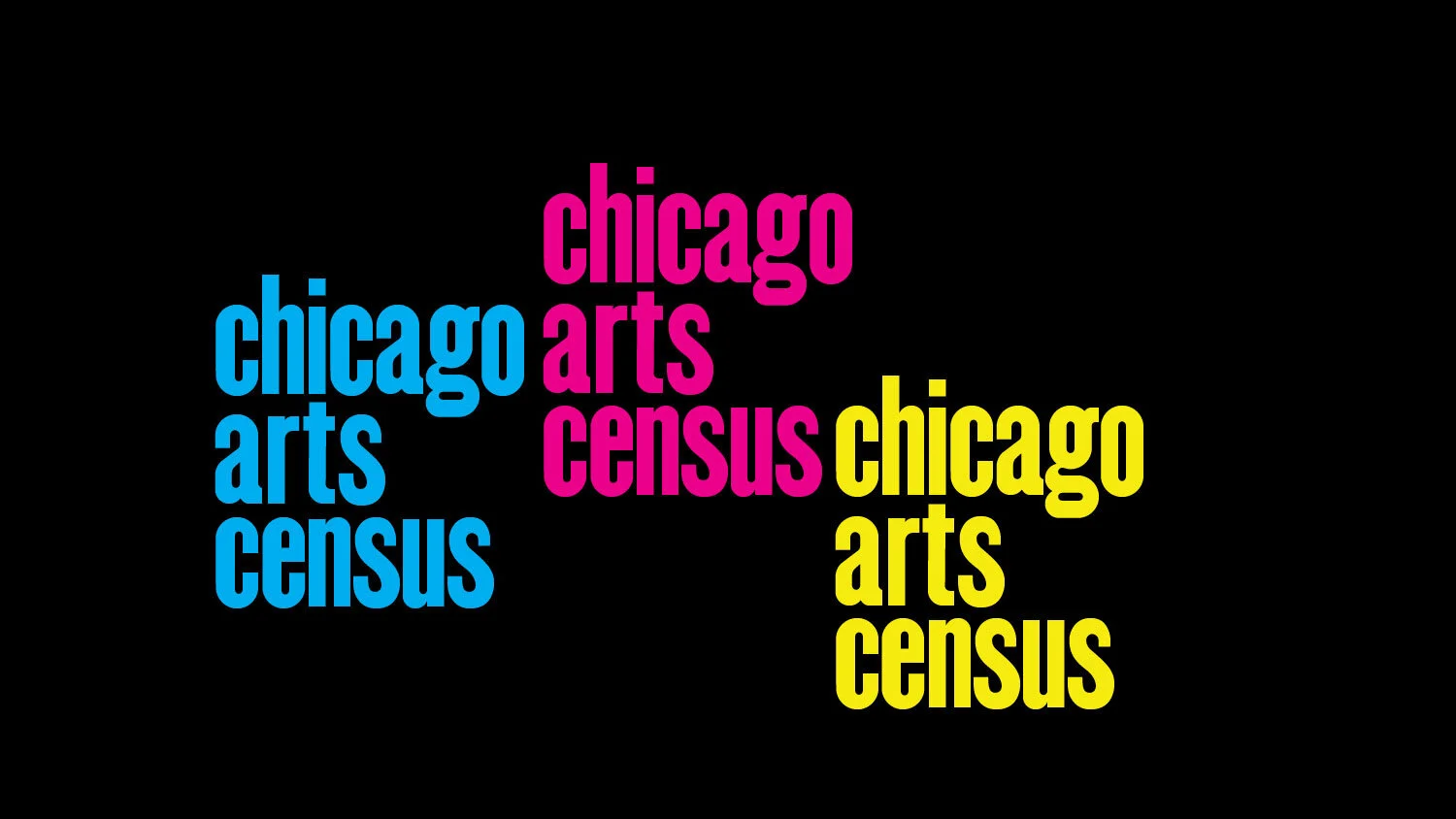ArtsEd Response Collective
Rebuilding and re-envisioning arts education in post-pandemic Chicago
Though the transition to virtual learning this past year posed a challenge for teachers in all disciplines, transitioning arts-based education online has been an especially difficult road for many. Activities such as piano class and painting lessons simply do not transfer as seamlessly into the virtual space--not to mention the lack of opportunities for group performances, gallery nights, and immersive experiences.
“As soon as the pandemic hit, it became clear that the arts sector was going to be hit very hard by this,” said Nicole Upton, managing director of Ingenuity, Inc., one of several organizations funded through Walder Foundation’s program to build a resilient performing arts sector in Chicago.
When everything else began to shut down, Ingenuity, the coordinating body for Chicago’s arts education ecosystem that works to ensure that every Chicago student has access to arts education, sprang into action.
“As a backbone collective impact agency, we wanted to hear from folks about what the challenges were,” Upton said. “We engaged with stakeholders, arts partners, Chicago Public Schools students and teachers, and more, and sorted the results into quickly emerging themes that came up over and over again.”
From there, the ArtsEd Response Collective (ARC) was born. ARC is a collective impact movement to help the sector develop and coalesce around a shared agenda and action plan in response to COVID-19. Though the initial goal was to address the immediate challenges of the pandemic, the ensuing series of police murders of Black citizens (and the resulting public outcry) soon became a major consideration for the collective as well. The events amplified disparities rooted in systemic racism, which have had a compounding effect on Chicago students’ lives and educational experiences.
“This cumulative national trauma and mobilization to protest injustice are interwoven with the arts sector’s collective responsibility to critically examine the role we play in creating or maintaining systems that drive inequity,” proclaimed the comprehensive final report produced by ARC. “In addition to planning for a school year that will undoubtedly require ongoing flexibility through change… we must also evaluate our vision in a new light, questioning whether arts equity can be sustained in a world in which racial equity is still out of reach. This interrogation leads us to a new vision--one which expands how arts equity is conducted, evaluated, and achieved.”
The report goes on to break down how members of the arts sector might work together to achieve this vision: 1) embrace new thresholds for flexibility and adaptation, 2) leverage collective knowledge to respond to emerging needs and assets across the sector, and 3) re-evaluate member roles in relation to privilege and power.
“We took the initial themes that had emerged and refined and shaped them into priorities for action,” said Upton. “The final report has specific recommendations and actions for arts organizations and teaching organizations in the philanthropic sector, and for ourselves at Ingenuity, in how to go about implementing these actions.”
For starters, Ingenuity presented the report’s findings at the 2021 conference of the Arts Education Partnership, a national network of more than 100 organizations dedicated to advancing arts education. The collective has also been working to distribute the report in order to share the recommendations more broadly and to contribute to a national conversation on arts education and its impact in a post-pandemic world.
In Chicago, Ingenuity is now focused on helping its partner organizations navigate complicated bureaucratic systems and ever-changing public health guidelines and government policies in order to make headway on these and other issues.
“Many arts organizations are only now starting to even consider opening their doors. They’ve really just been scraping by to keep their lights on throughout all of this. Some of this deep and important work that we want to do is only just starting to come back online now as organizations rehire and come back to their normal programs,” said Upton. “We see this report as a strategic plan for the arts education sector’s recovery in the city of Chicago. We’re working together to build the city back, and ensure that every student still has access to high-quality arts education.”
Get more stories like this delivered to your inbox.
Sign up with your email address to receive news and updates.











